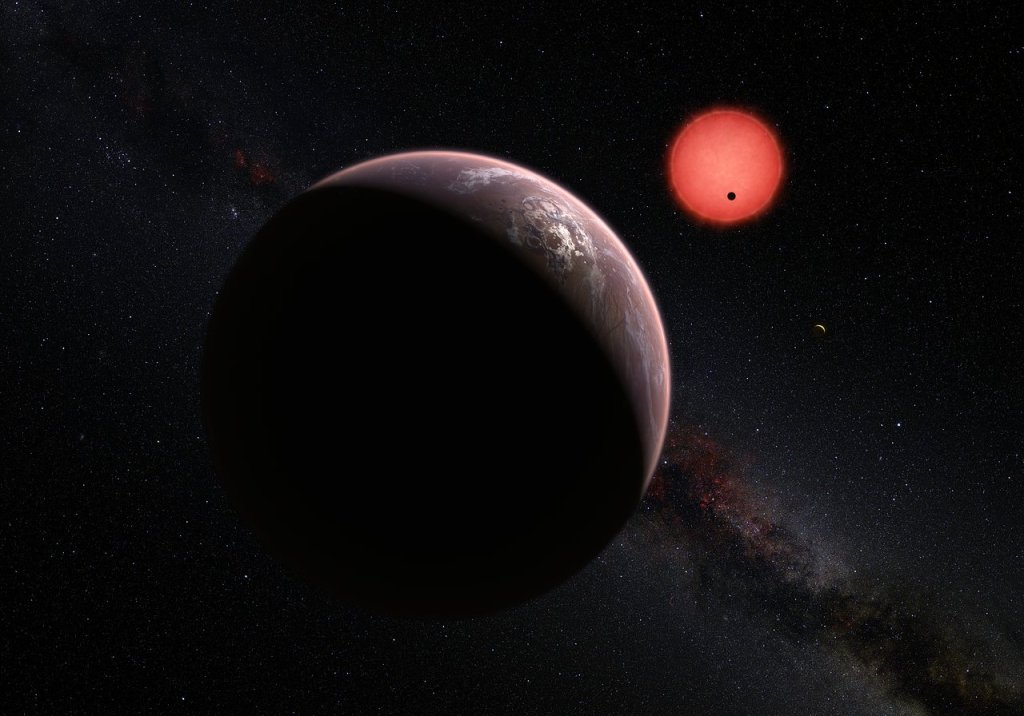Forget Mars, scientists have discovered a new Earth-sized, possibly habitable, planet just 11 light years away.
Known as Ross 128b, the newly discovered planet orbits a life-friendly red dwarf star that is an estimated seven billion years old.
Red dwarfs are the most common stars in the galaxy, making up about 70 percent of all known stars, and tend to hold water-friendly planets in their orbit. What this means is these planets are likely to have an atmosphere and possibly support life.
There’s been an explosion in the discovery of potentially habitable worlds in the last few years orbiting these red dwarf stars — in fact, a recent study suggests there may be as many as 60 billion planets in the habitable zone of these red dwarf solar systems out there. The exciting thing about Ross 128b is just how close it is to our own world.
Some readers may recall there’s an even closer Earth-sized planet to us that is a mere 4.25 light years away, called Proxima Centauri. However, it’s not likely to be a place for humans to live as it orbits a much younger, more powerful red dwarf star that is likely roasting the planet into an inferno.
Ross 128b has a few things going for it that make it a much better candidate to support human life. For one, it has a consistent wobble in its rotation. It also orbits an older star that has probably settled down somewhat. A computer simulation also suggests it might have built up clouds to keep water from evaporating on its surface, giving it a better chance at hosting an atmosphere that could support life.
The scientists who discovered the planet tell National Geographic, which first reported the news, that they’ll need more data going forward. For now, the team will be searching for other nearby planets just like Ross 128b within a distance of 16 light years away.































Comment